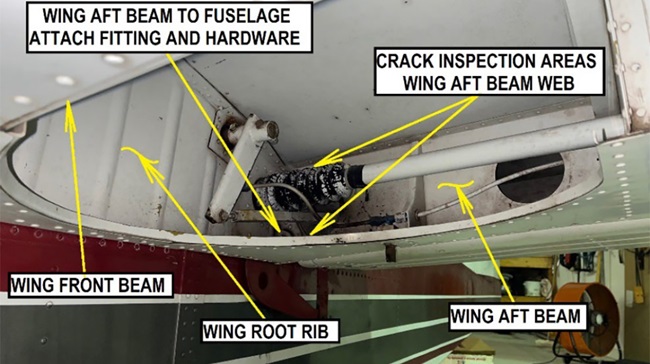President George W. Bush late last week signed the FAA's four-year reauthorization bill into law, setting spending priorities and limits for the agency. The bill finally cleared the Senate after the FAA promised not to privatize any jobs currently performed by FAA employees for the rest of the fiscal year (until September 30, 2004).
"Much of what AOPA fought for survived into the final bill, and that's good for general aviation," said AOPA President Phil Boyer. "We're pleased that there is short-term protection against privatizing air traffic control. But the reauthorization act lacks the long-term protection we want."
[ Read an overview of the reauthorization bill with an explanation of AOPA's position.]
The positives in the reauthorization bill include: a third-party review before the TSA can revoke an airman's certificate for security reasons, offering protection to pilots from the "pilot insecurity rule"; the Meigs Legacy amendment, which prohibits closure of an airport without sufficient notice; and more than $14 billion for airport construction, much of that earmarked for general aviation airports.
AOPA worked to include all of these provisions in the bill.
Both the House and Senate versions of the bill originally contained legislative prohibitions against privatizing air traffic control. But when the bills arrived in conference committee, those prohibitions were stripped out because the Bush administration threatened a veto over the privatization issue. It was at that point that AOPA, unlike most other aviation organizations, withdrew its support for the bill.
"User fees and privatizing air traffic control are hot-button issues for our members," said Boyer.
The promise from FAA does stop privatization for a little under a year. And FAA Administrator Blakey has repeatedly said that there are no plans to turn air traffic control and separation (outside of the existing contract tower program) over to private industry.
"It's clear that the privatization issue is far from dead," said Boyer. "We will have our work cut out for us in the future."
03-4-152x


